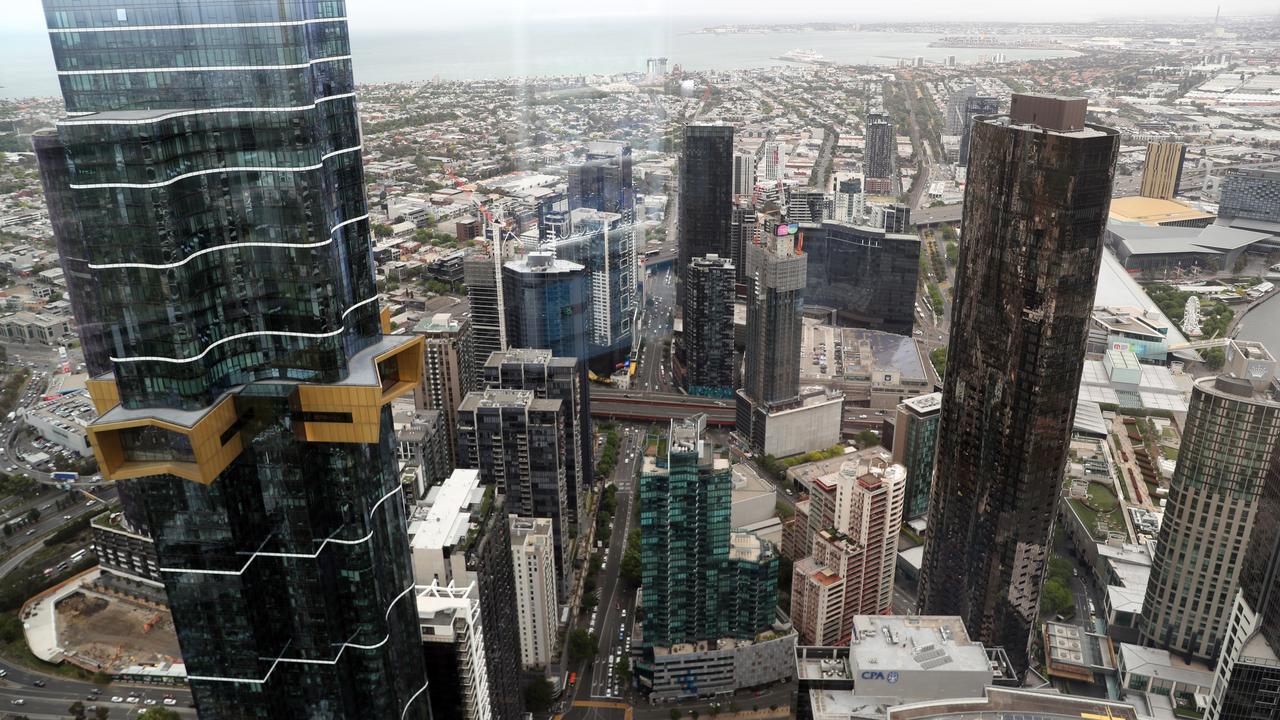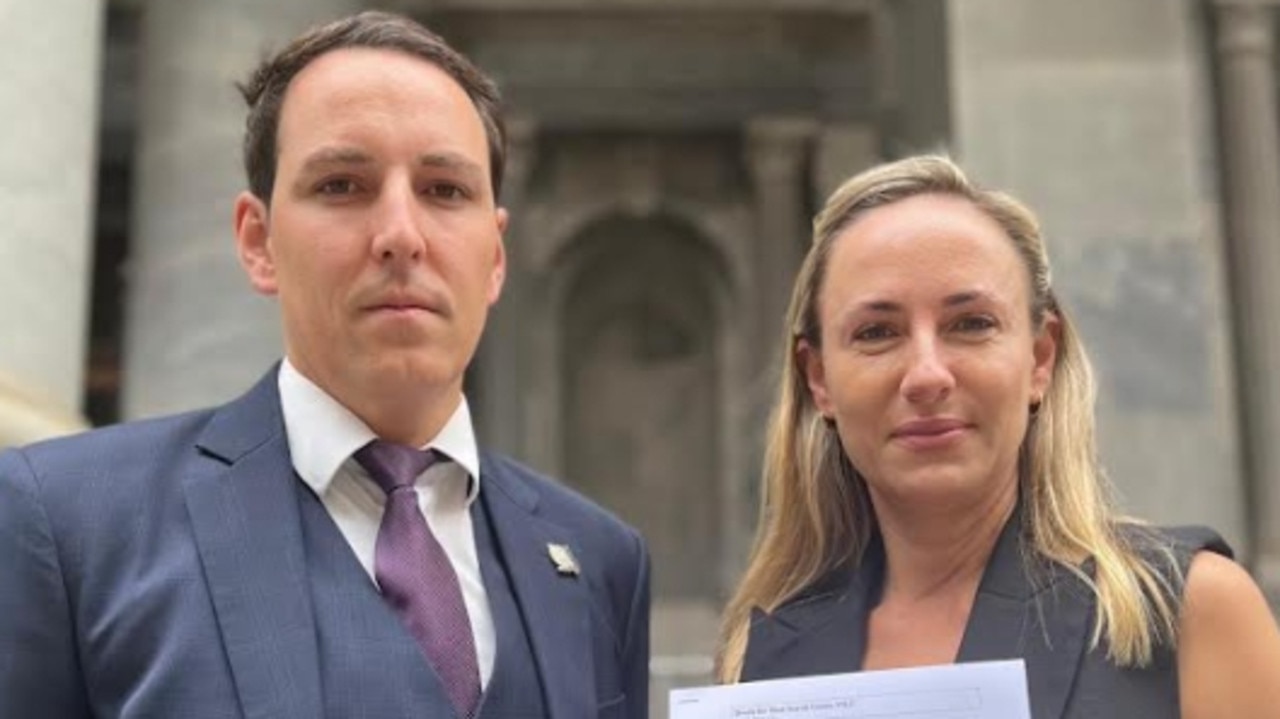Australian firms fear funding review will set back nation’s space race
A Labor review of Coalition funding agreements has left senior industry sources worried, frustrated and claiming vital work has been delayed.

SA Business
Don't miss out on the headlines from SA Business. Followed categories will be added to My News.
Australia’s space industry, of which Adelaide is the home, is on a knife edge as the federal government reviews a $1.2bn satellite program that could define the country’s global contribution to space.
Senior industry sources have been left worried and frustrated with Labor’s review of the National Space Mission for Earth Observation, as it has caused delays to vital work after it was launched by the Coalition in the March budget.
“Everyone is nervous because it’s a really finely calibrated program,” said one senior space figure.
“It’s sort of threading the needle between five or six government departments, US agencies and NASA.”
The source said even a 12-month delay could put Australia behind in the highly competitive global space market.
“The office was meant to be open and calling for tenders by now, and that hasn’t happened,” they said.
A spokesman for Industry and Science Minister Ed Husic said the federal government was “going line-by-line through all commitments of the previous government”.
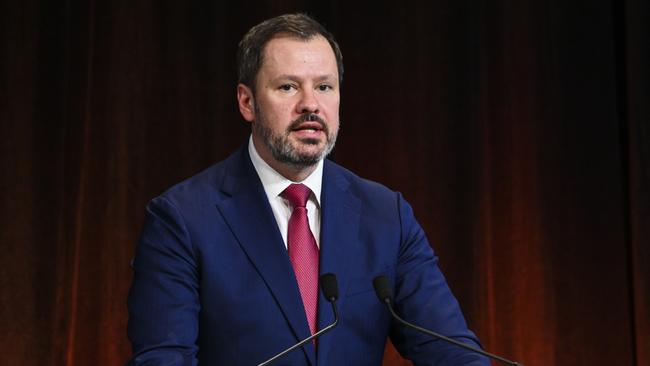
The Advertiser understands all Coalition funding items are being reviewed ahead of Labor’s October 25 budget – and the National Space Mission for Earth Observation is not under any special or extra scrutiny.
The $150m Moon to Mars program, which equips Australian businesses to join NASA’s efforts to explore the Moon and Mars, is also under the federal government’s umbrella review.
The earth observation mission was described in March as Australia’s “first ever national space mission”. Led by the Australian Space Agency headquartered at Lot Fourteen in Adelaide, the program involves building a new fleet of four Australian made satellites to monitor the Earth, helping responses to natural disasters, managing the environment and forecasting weather.
“Australians elected the Albanese Labor government to put a stop to cost blowouts and rorts,” Mr Husic’s spokesman said.
“It would be irresponsible for us to tick off expenditure without rigorous review.”
The spokesman said the Australian space sector remained an “integral part” of the country’s future and that Adelaide wold remain the leading destination for space innovation.
Deputy Opposition leader Sussan Ley said: “With every day Labor delays these critical space programs, Australia falls further behind in the space race.”
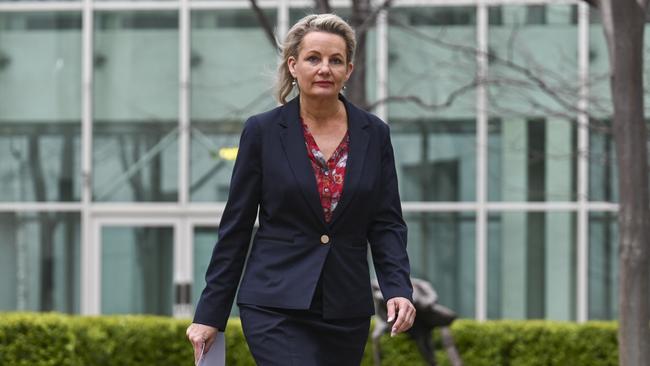
Australian Space Industry Association boss James Brown said the earth observation mission was “critical” to the country’s economy and security, and was a “key pillar” of relationships with allies, including the US.
“It is the key to ensuring Australia can contribute to sustainable space and the operational needs of multiple government departments and agencies,” he said.
Head of the Australian Sovereign Capability Alliance, Martin Hamilton-Smith, said the outcome of the federal government’s review would “define whether Australia has a sovereign future in space”.
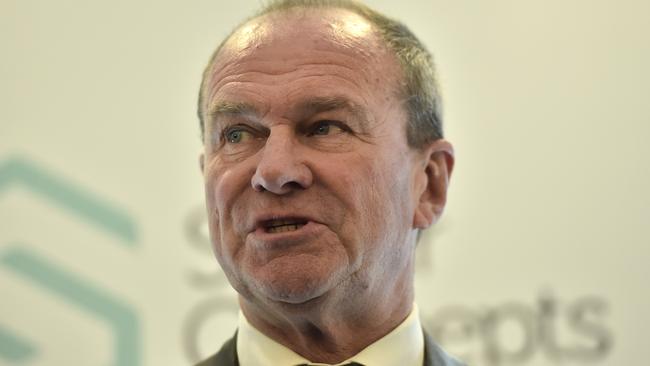
“Cutting the (program) would send a message to universities, students and young people interested in maths, science and physics, tech workers, industry and business – that controlling our own future in space is a low priority for our nation,” he said.
But Mr Hamilton-Smith said it was “perfectly normal” to review programs as part of the budget process, and added former Labor senator Kym Carr and the Weatherill state government spearheaded demands for a national space agency in 2017.
“It would be surprising if the current (federal) government walked back on that leadership by cutting the space budget,” Mr Hamilton-Smith said.




